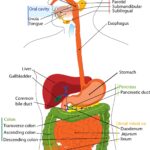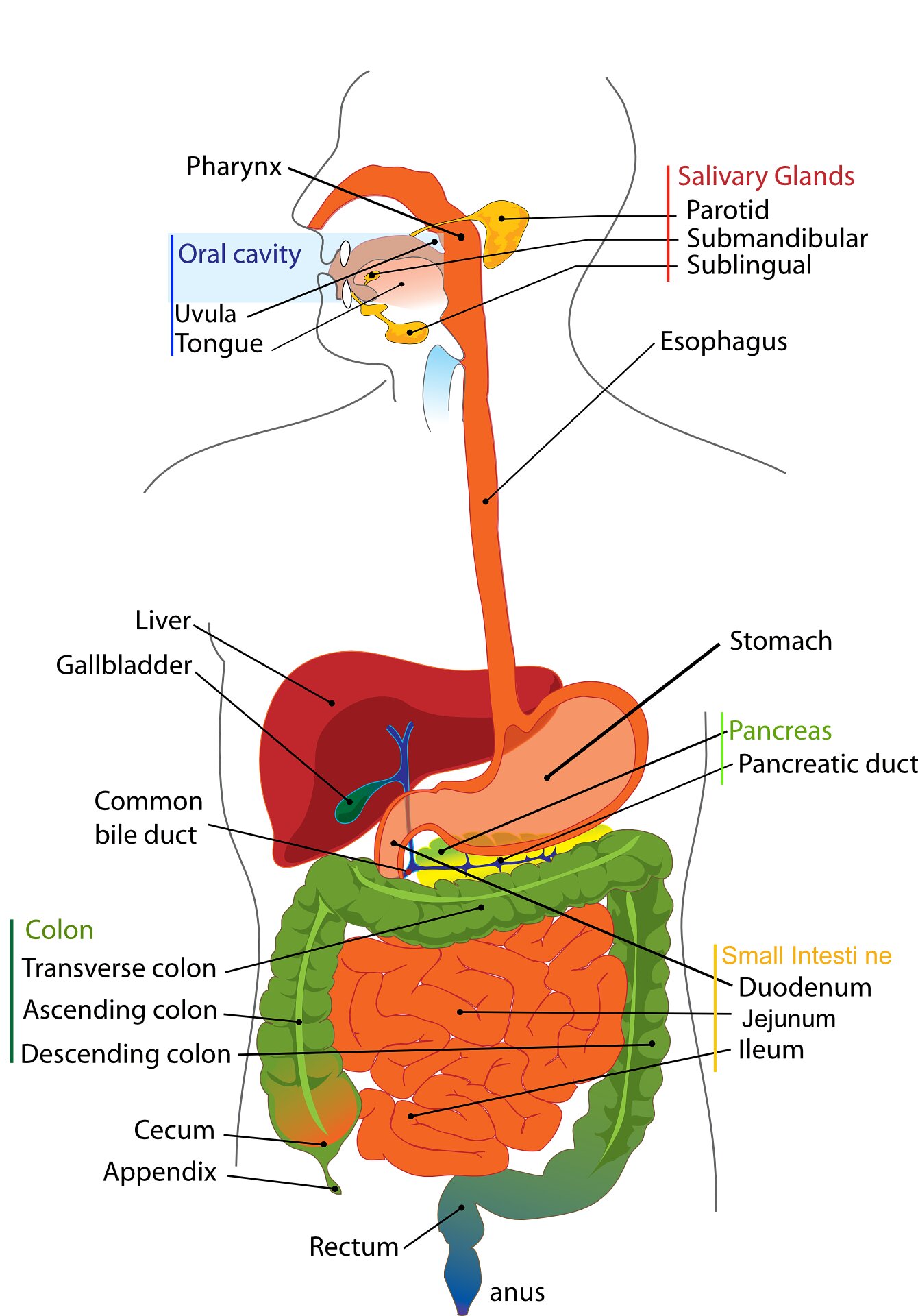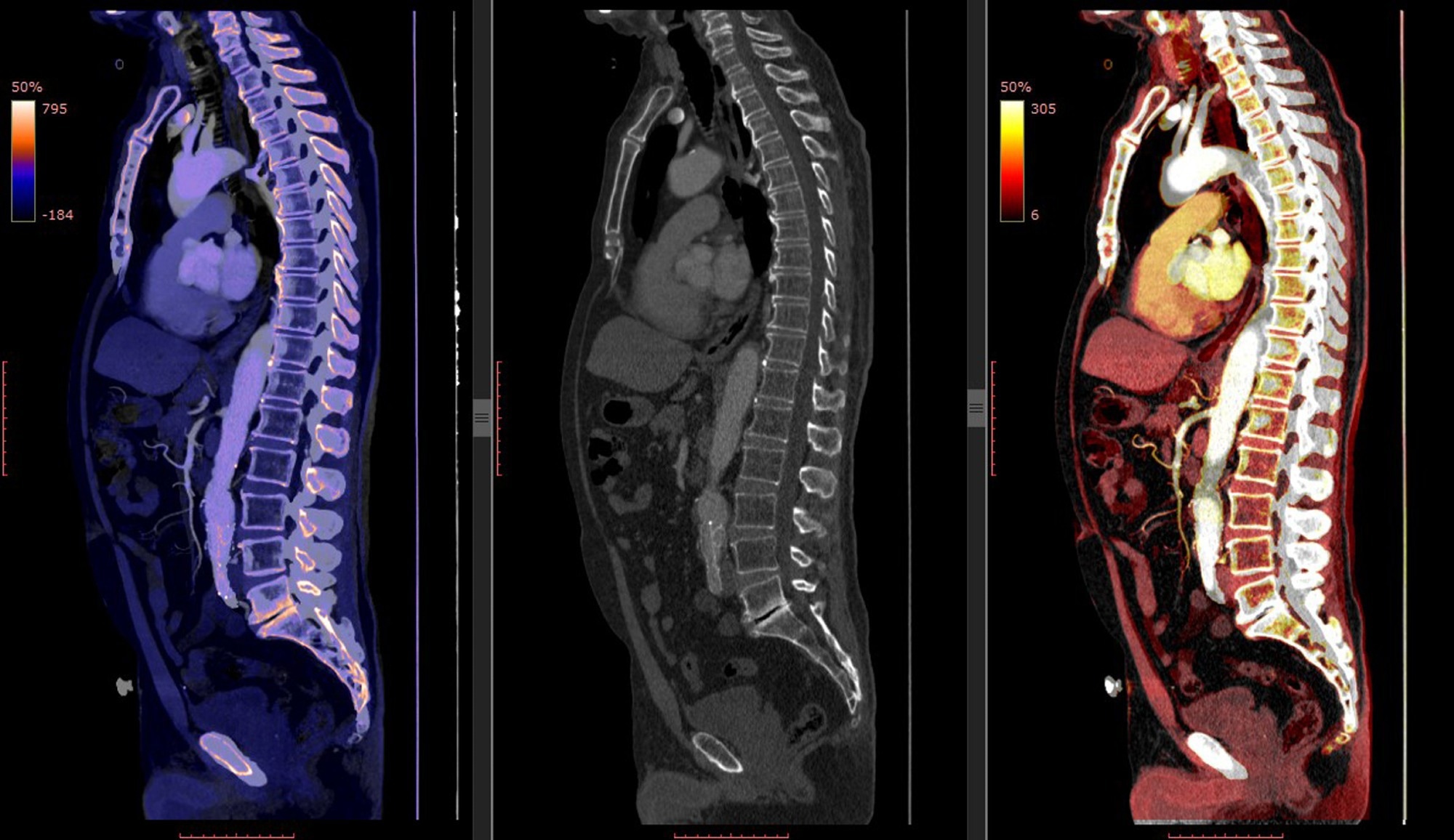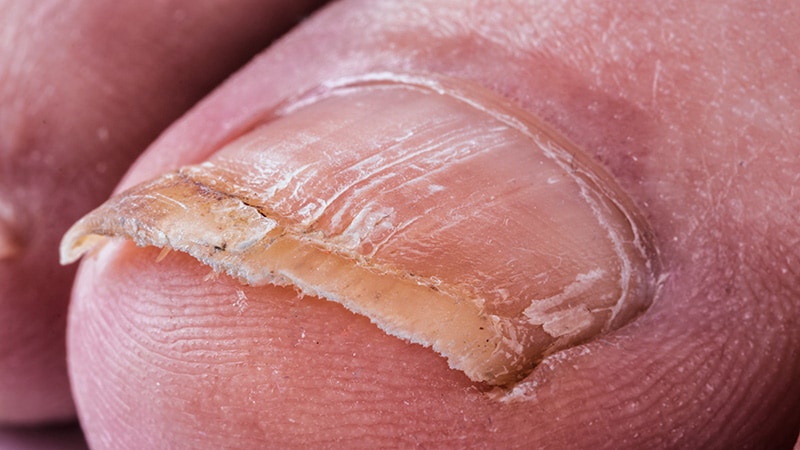Study finds more than 500 chemicals created when vaping liquids are heated
E-cigarettes may be creating a new wave of chronic disease in the coming decades, an Irish scientist has warned, after their research found that 505 hazardous chemicals, including 127 which are acutely toxic, are formed as a result of vaping.
The study, which used AI to simulate the effects of heating chemicals found in nicotine vapes, also found a group of chemicals called volatile carbonyls (VCs) which are known to pose health risks.
Out of 180 e-cigarette flavours tested, VCs were most commonly found in the most popular fruit, candy and dessert-flavoured products on the market.
The research, conducted by scientists from the RCSI University of Medicine and Health Sciences, estimates that 505 new compounds are created when a vaping device is heated immediately before it is inhaled.
Among these new chemicals are 127 which are classified as ‘Acute Toxic’, 153 as ‘Health Hazards’ and 225 as ‘Irritants’.
“We wanted to understand, before it’s too late, the likely impact flavoured vapes are having on the health of the growing number of vapers,” said research author, RCSI Prof Donal O’Shea.
“Our findings indicate a significantly different profile of chemical hazards compared to what we are familiar with from traditional tobacco smoking.”
“It is plausible that we are on the cusp of a new wave of chronic diseases that will emerge 15 to 20 years from now due to these exposures. We hope this research will help people make more informed choices and contribute to the conversation on the potential long-term health risks and the regulation of vaping, which this research suggests should be comprehensive.”
The study also highlighted the complexities introduced by the huge array of flavours available in vaping products. This cocktail of chemicals, primarily derived from the food industry where they have a good safety record for specific uses, were never intended to be heated to high temperatures for inhalation.
As vaping devices vary widely and are often user-customised, the temperature control and resulting chemical reactions can differ, increasing the unpredictability of potential health risks.
The researchers believe that further studies are required to determine the risks associated with each vaping flavour, and warn that, without comprehensive regulation, there is a substantial risk of new health issues among those who vape.
The study, ‘Forecasting vaping health risks through neural network model prediction of flavour pyrolysis reactions’, ’published in the journal Scientific Reports, was carried out in conjunction with IBM Research – Tokyo and was supported by Science Foundation Ireland (SFI) and the Irish Research Council through the SFI-IRC Pathway Programme for Dr Dan Wu.










